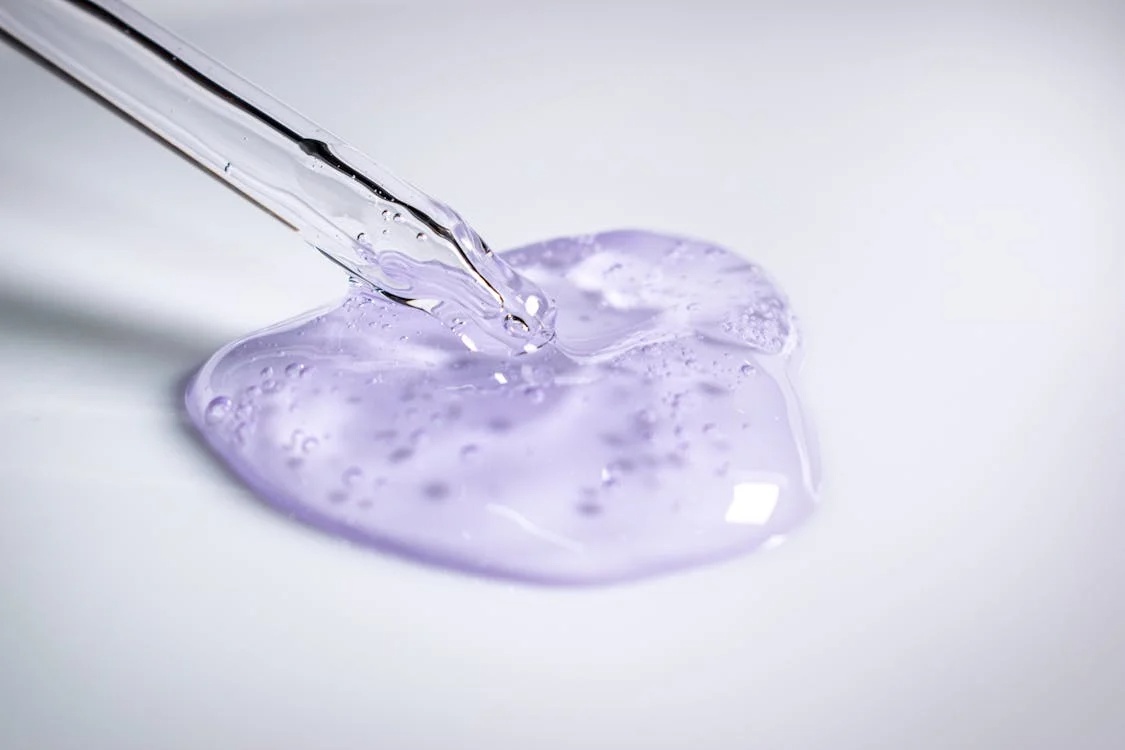The Science Behind Peptides: How They Work in Your Body
Peptides have gained significant attention in recent years, especially in the fields of health, beauty, and fitness. These small chains of amino acids play a pivotal role in various biological processes. Understanding how from mrpeptides.net function can provide insights into their potential benefits and applications.
What Are Peptides?
Peptides are short chains of amino acids, typically consisting of 2 to 50 amino acids. They are smaller than proteins, which are long chains of amino acids. Peptides occur naturally in the body and are involved in a wide range of functions, from hormone regulation to immune responses.
Types of Peptides
- Signal Peptides: These peptides help direct the transport of proteins to specific locations within the cell.
- Neuropeptides: Found in the brain, these peptides act as neurotransmitters or hormones.
- Antimicrobial Peptides: These peptides play a role in the immune system by destroying harmful bacteria and viruses.
- Hormonal Peptides: Examples include insulin and glucagon, which regulate blood sugar levels.
How Peptides Work in the Body
Peptides function by interacting with receptors on the surface of cells. This interaction can trigger a cascade of biological processes. For instance, when a peptide binds to a receptor, it can activate or inhibit the production of specific proteins, influencing cellular behavior.
Role in Skin Health
In the skincare industry, peptides are celebrated for their ability to promote collagen production. Collagen is a protein that maintains skin elasticity and firmness. By stimulating collagen synthesis, peptides can help reduce the appearance of wrinkles and improve skin texture.
Impact on Muscle Growth
In the fitness world, peptides are often used to enhance muscle growth and recovery. Some peptides can stimulate the release of growth hormone, which plays a key role in muscle development. This makes them popular among athletes and bodybuilders.
Scientific Studies and Findings
Research on peptides has revealed promising results across various fields. A study published in the Journal of Investigative Dermatology found that topical application of certain peptides improved skin hydration and reduced signs of aging. Another study in the Journal of Clinical Endocrinology & Metabolism demonstrated that peptide supplementation could enhance muscle mass in older adults.
Case Study: Peptides in Wound Healing
A notable case study involved the use of peptides in wound healing. Researchers discovered that specific peptides could accelerate the healing process by promoting cell migration and tissue regeneration. This has potential applications in treating chronic wounds and surgical incisions.
Potential Benefits and Applications
The versatility of peptides makes them valuable in various applications. Here are some potential benefits:
- Anti-Aging: Peptides can reduce wrinkles and improve skin elasticity.
- Muscle Recovery: They aid in faster recovery post-exercise.
- Weight Management: Certain peptides can influence appetite and metabolism.
- Immune Support: Antimicrobial peptides help fight infections.
Challenges and Considerations
Despite their potential, peptides face challenges in terms of stability and delivery. Peptides can be easily degraded by enzymes in the digestive system, making oral administration less effective. Researchers are exploring alternative delivery methods, such as transdermal patches and nasal sprays, to overcome these challenges.
Conclusion
Peptides are powerful biological molecules with a wide range of functions and applications. From skincare to muscle growth, their potential benefits are vast. Ongoing research continues to uncover new possibilities for peptides, making them a promising area of study in both medicine and cosmetics. As our understanding of peptides deepens, their role in enhancing health and well-being is likely to expand.
